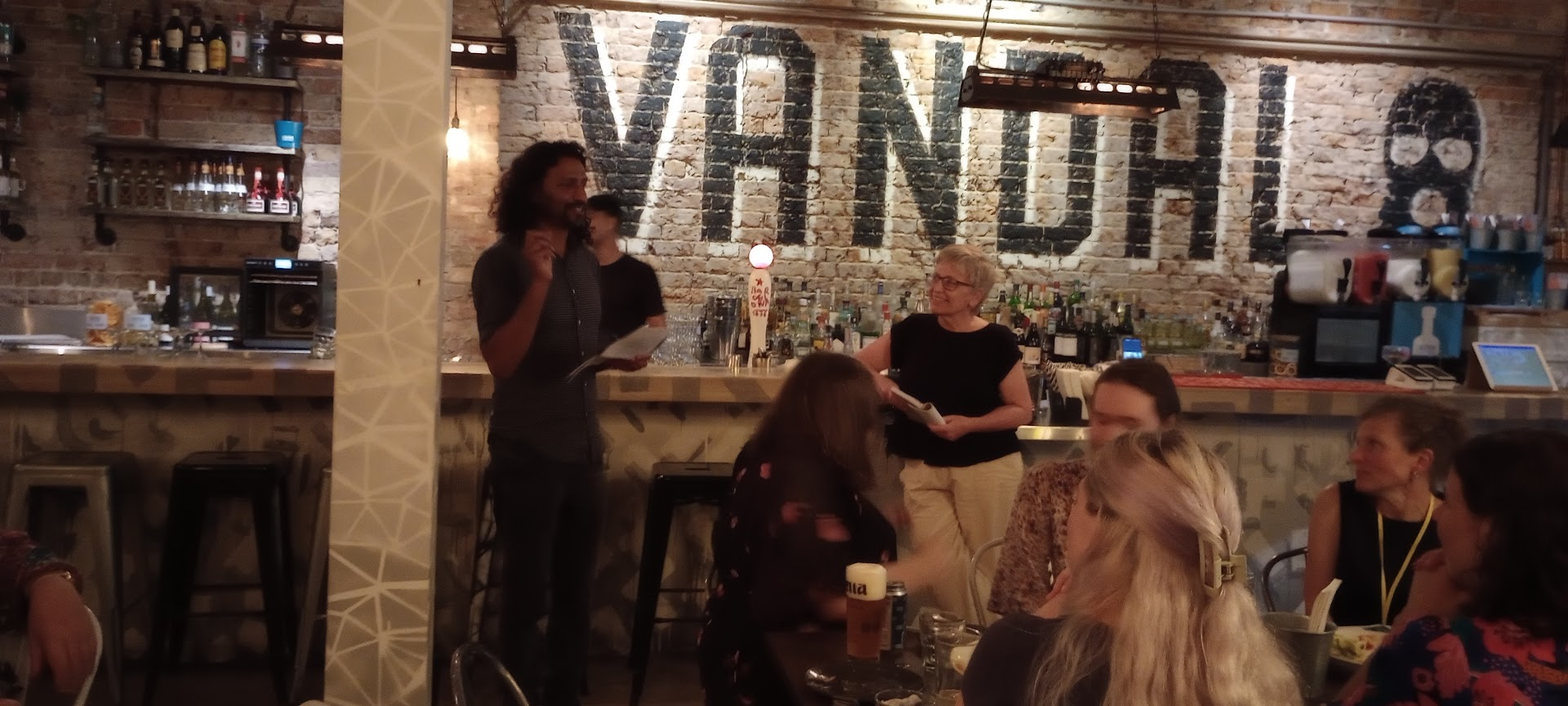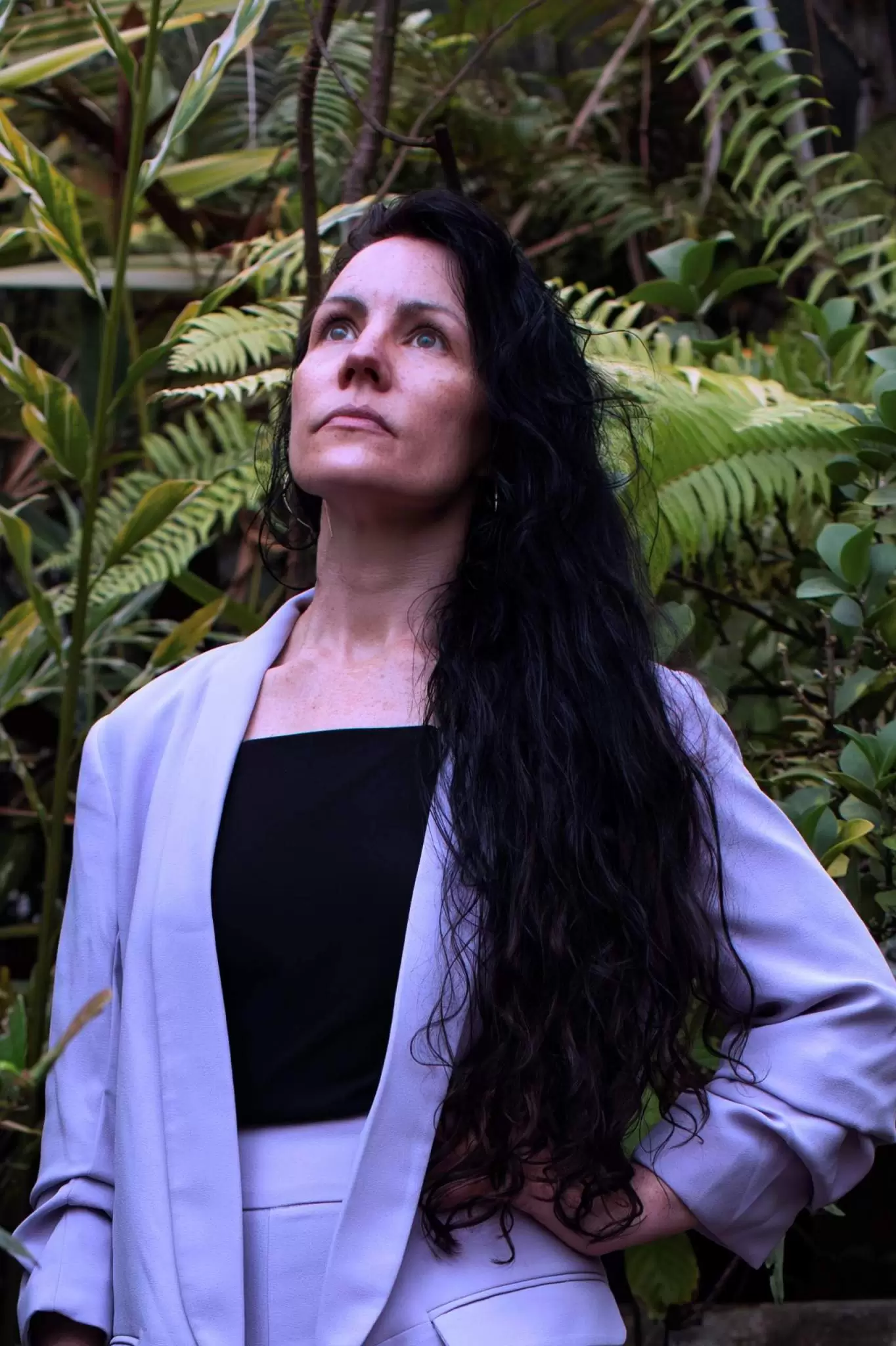Tamkang Review, Special Issue, June 2021.
Due 30 November, 2020.
In their introduction to The Environmental Humanities (MIT Press, 2017), the authors Robert S. Emmett and David E. Nye sum up the state of affairs of the planet. They repeat what many other environmentalist thinkers and activists are reporting and supporting with scientific evidence: species extinction is occurring at an alarming rate, the present “consumption of the earth’s resources” is unsustainable, and the notion that “humanity has a special place in creation that legitimizes the elimination of other forms of life” is a commonplace that should be jettisoned and relegated to the ranks of other notions that once were taken for granted and now are obsolete, idiosyncratic, or anachronistic (1).
This Call for Papers is part of the effort to confront and slow the attrition (and incarceration) of species—the overfishing of seas; the egregiously excessive slaughtering of animals; the routine dumping, aquatic and terrestrial, of megatons of plastic waste; the proliferation of nuclear waste; the primarily human-caused apocalyptic fires and floods—an effort that admittedly is up against seemingly insurmountable odds. Specifically, this Call for Papers focuses on these grave concerns by inviting scholars to contribute papers that address Sinophone literature and film from ecocritical and related points of view (e.g., critical animal studies, critical plant studies, indigenous studies, environmental history, and posthumanism).
Papers accepted for publication in response to this Call for Papers will add to and push in new directions the arguments made in such notable studies as:
Sheldon H. Lu and Haomin Gong’s edited Ecology and Chinese-Language Cinema (2020); Chia-ju Chang’s edited Chinese Environmental Humanities: Practices of Environing at the Margins (2019); Yu-lin Lee’s (李育霖) The Fabulation of a New Earth: Contemporary Taiwanese Nature Writing (擬造新地球) (2015); Sheng Wu’s Protecting Mother’s River: Diary on the Jhuoshuei River (守護母親之河: 筆記濁水溪) (2014); Mei-shiu Huang’s (黃 美秀) In Search of Bears: Stories about me and Taiwan Black Bears (尋熊記: 我與台灣黑 熊的故事) (2012); Shuyuan Lu’s (魯樞元) The Ghost of Yuanming Tao (陶淵明的幽靈) (2012); Mingyi Wu’s (吳明益) Exploration of Modern Nature Writing in Taiwan (台灣自 然書寫的探索) (2011); Mingyi Wu’s Taiwanese Nature Writers 1980-2002 (台灣現代自 然書寫的作家論) (2011); Mingyi Wu’s Nature Insight: From Nature Writing to Ecocriticism (自然之心:從自然書寫到生態批評) (2011); Mingyi Wu’s (吳明益) So Much Water So Close to Home (家離水邊那麼近) (2007); and Sheng Wu’s (吳晟) A Notebook on Jhuoshuei River (筆記濁水溪) (2002).
Studies that also merit notice in this Call for Papers include Peter I-min Huang’s Linda Hogan and Contemporary Taiwanese Writers: An Ecocritical Study of Indigeneities and Environment (2016); Chia-ju Chang and Scott Slovic’s edited Ecocriticism in Taiwan: Identity, Environment, and the Arts (2016); Simon C. Estok and Won-Chung Kim’s edited East Asian Ecocriticisms: A Critical Reader (2013); and Tsung Huei Hung’s (黃宗慧) Animals as Mirrors (2018).
This special issue also is inspired by the work of the editors of and contributors to the Journal of Poyang Lake (published by Jiangxi Social Science Institute), China’s most distinguished journal in the field of ecocritical theory and its applications.
Please submit an abstract of between 350 and 500 words to iris.ralph@gmail.com. The deadline for the abstracts is November 30, 2020.
Full length scholarly articles should be between 4,000 and 6,000 words and follow the most recent MLA guidelines. The deadline for submission of completed articles is January 31, 2021.
Book reviews should be between 1,000 and 3,000 words.
For further inquiries, please email Iris Ralph, Associate Professor, English Department,
Tamkang University, at iris.ralph@gmail.com.


